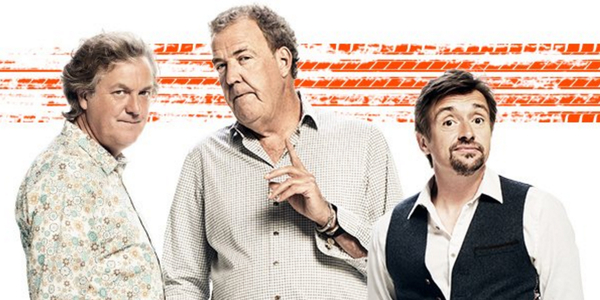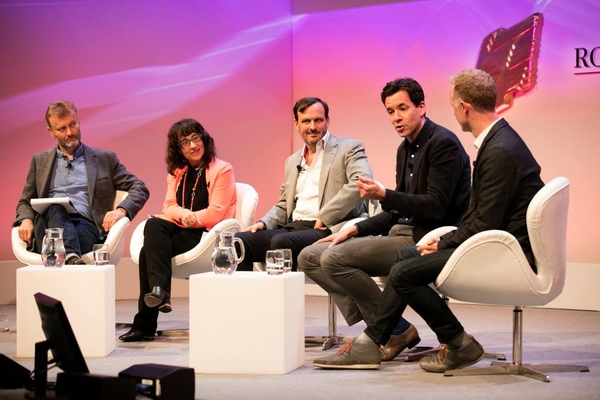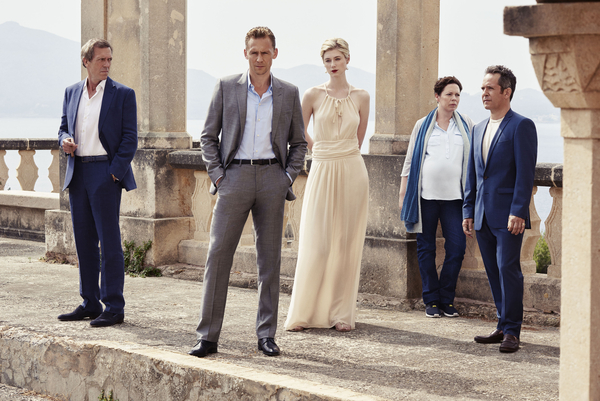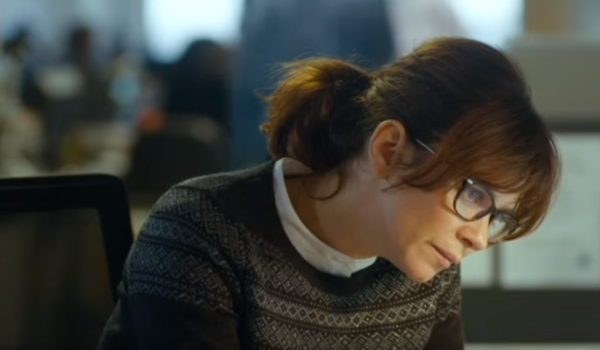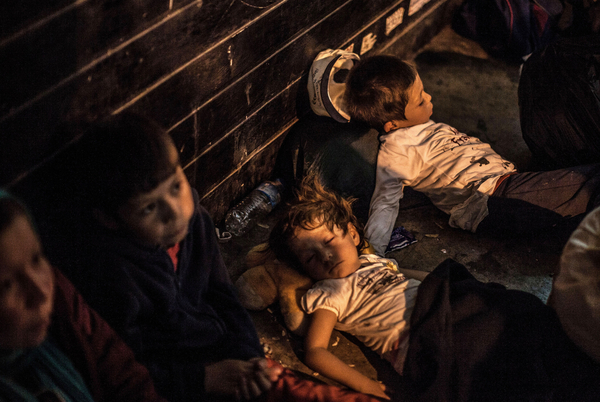The hackers stalking TV networks
A large broadcasting symposium will be held in New York at the beginning of next month, but the state of TV drama, the rise of Netflix or the impact of mega-mergers on the media landscape are unlikely to be mentioned.
This symposium, called by the North American Broadcasters Association (NABA), is devoted entirely to the growing threat that broadcasters around the world face from cybercrime and the hacking of their networks.


